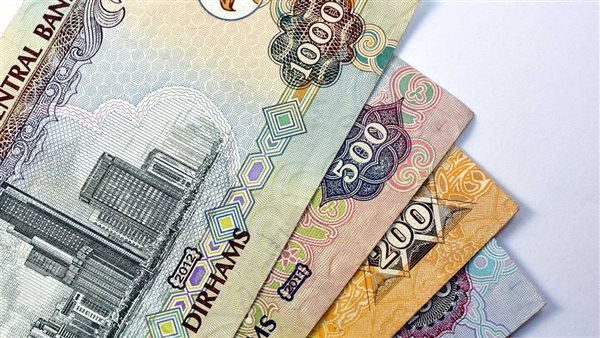
I wonder what is happening in the agricultural sector in Egypt? What made the sector change in this way? Is it possible to achieve self-sufficiency in a country with a population of more than 100 million? Ok, how will the national projects that are happening now affect our daily lives and the prices of products in the market?
There are unprecedented achievements that occurred in the Egyptian agricultural sector during the era of President Abdel Fattah El-Sisi, specifically over the past 10 years, huge national projects, not only to increase production, but also to achieve self-sufficiency and secure food for Egyptians in difficult circumstances and global changes.
Starting with the One and a Half Million Acres Project, which was launched by President Sisi in 2015, and its goal was to reclaim desert lands and increase the agricultural area, and this was the beginning of qualitative shifts in the agricultural sector.. This project is not just agriculture, but building new urban communities around these agricultural lands.. So that we can exploit them for agriculture and trade and make them areas suitable for living in oases such as Farafra, and these areas are distributed among 13 regions in 8 governorates, including Qena, Aswan, South Sinai, and Giza. Through in-depth studies, the appropriate infrastructure has been developed to be sustainable and help secure food resources
In the same context, the Productive Village Initiative, which aims to transform villages from mere consumers to producers, was implemented in cooperation with the Ministries of Agriculture and Local Development to provide job opportunities for young people, exploit local resources, and support industries based on available crops, all with the aim of increasing the income of rural families.
We go to another achievement that we achieved in agricultural exports, which exceeded 4 billion dollars and reached 6.9 million tons since the beginning of 2024. This is a huge achievement compared to previous years. And all of this is happening with the state’s efforts to enter new and large markets such as Latin America, China, and countries in Africa. It means supporting the Egyptian economy through our agricultural products, which are now on the shelves of international markets
We must mention the National Food Project, which aims to establish 100,000 agricultural greenhouses.. That is, we do not only plant on ordinary land, but we try to exploit every square meter to grow high-quality products free of pollutants, such as vegetables and fruits, and this contributes to raising the quality of the food that we consume daily.
There is also a very important project, which is the smart farmer card, which records farmers’ and land data electronically. This helps support reach those who deserve it directly, guarantees the farmer’s right to production requirements, reduces manipulation, and helps the state support them in the best way.
We cannot talk about the agricultural sector without mentioning the New Delta Project, which is considered one of the largest agricultural projects today and aims to reclaim and cultivate more than a million acres. This project costs billions, and its goal is not only to cultivate the lands, but also to build entire agricultural communities around these lands.
At the level of developing seed and seed production, there has been significant development in the production of wheat and cotton seeds and the provision of new, highly productive varieties that are tolerant to climatic conditions in order to ensure the continuity of production of important crops and meet the needs of the local market.
In the field of fish resources, Egypt today remains first in Africa and seventh in the world in fish production, thanks to fish farming projects such as Baraka Ghalioun and others. This has made prices decrease in the market and helps diversify sources of protein for citizens.
In the end, all these projects are part of an integrated vision that attempts to provide food security, raise the standard of living, and support the economy in an unprecedented way.



